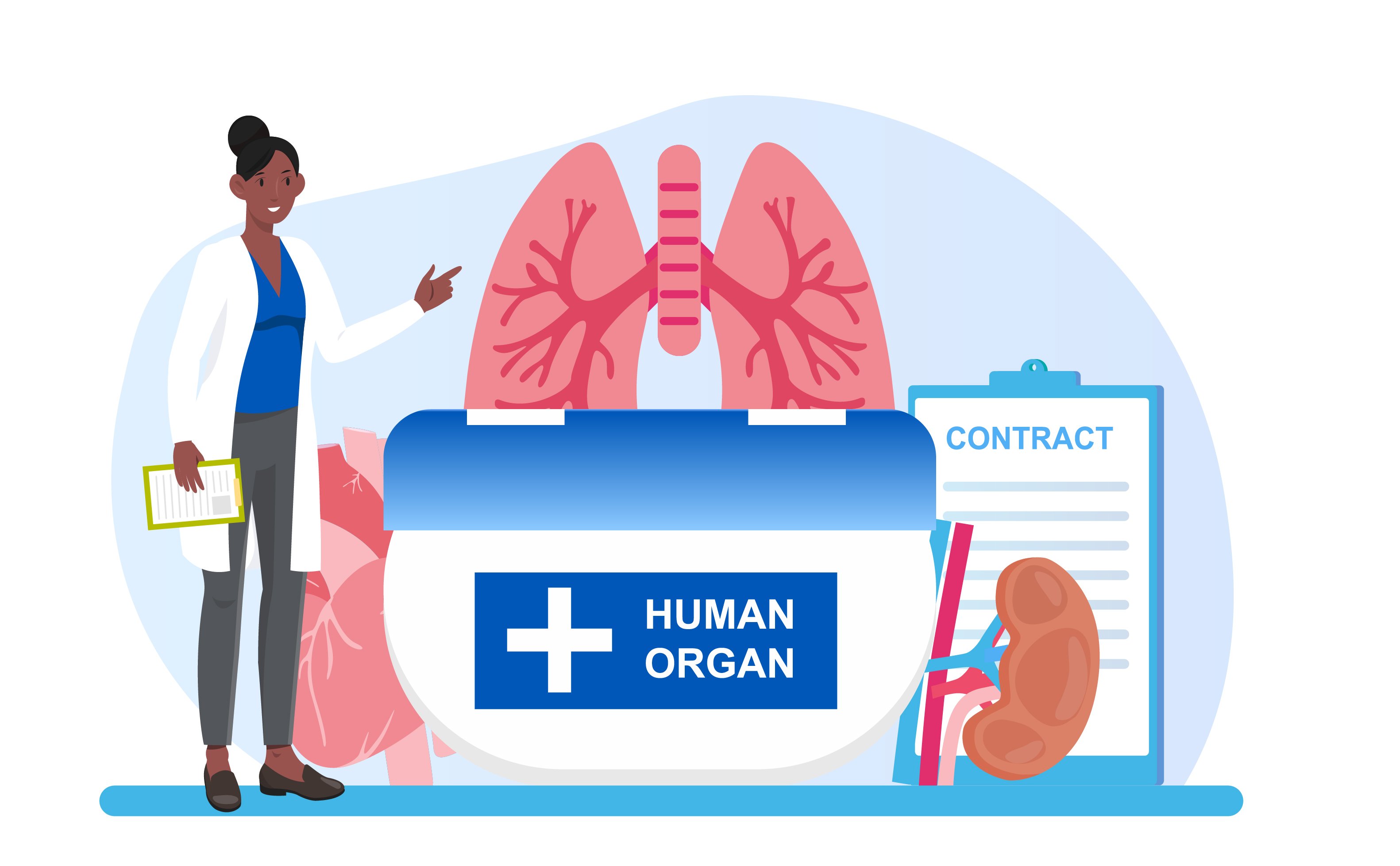
Immunology: Revolutionizing healthcare since the time of smallpox
From smallpox to COVID-19, immunology has played a crucial role in revolutionizing healthcare. As we celebrate the 2023 International Day of Immunology, let’s explore immunology’s ongoing impact on public health and disease treatment.
To mark the day this year, we asked two of our Axiom scientific team members in the US to talk us through how immunology has revolutionized healthcare over the past several centuries and how past advances have helped us as we look forward to the future.
What is Immunology?
Immunology is defined as the study of the immune system, which is a collection of cells, chemicals, and processes that protect the human body from foreign assailants.
During the COVID-19 pandemic, immunology became a household word. With the release of eagerly awaited COVID-19 vaccines to the public in the spring of 2021, pictures of masked individuals with the caption “I got vaccinated” and discussions about immunizations were commonplace.
“As someone who worked in vaccines research for over 20 years, I found myself having conversations with people about herd immunity and immunological memory, to my surprise and delight—no one wanted to know what I worked on before the pandemic!”
Isabelle Leduc, Principal Medical Writer, Axiom
Impacts of Immunology

This year’s International Day of Immunology theme is “Immunology Talks to Public Health.” How does understanding human immunology impact public health? The perfect example is the “first” vaccine developed by Edward Jenner in 1796, an event often considered as the birth of immunology. By observing that dairy farmers in contact with cowpox were immune to smallpox, Jenner set out to protect susceptible hosts from this contagious and devastating viral infection.
Vaccines Prevent 3.5 to 5 Million Deaths Annually
Since Jenner’s pioneering work in the 18th century, vaccines have had direct and measurable effects on public health. The World Health Organization (WHO) estimates that vaccines prevent 3.5 to 5 million deaths annually from diseases such as diphtheria, tetanus, pertussis, influenza, and measles. Moreover, smallpox (1971), poliomyelitis (1994), and rubella and congenital rubella syndrome (2015), all vaccine-preventable diseases, have been eliminated from the Americas. Even more notable is the eradication of smallpox worldwide, declared by the WHO in 1980, about 180 years after Jenner’s life-changing smallpox vaccine experiments.
“Vaccinations have revolutionized global health.”
Greta Keenan from the World Economic Forum, April 2020
The COVID-19 pandemic catalyzed innovation of vaccine platforms
The COVID-19 pandemic was the catalyst for establishing clinical trials of vaccines such as mRNA and adenoviral vectors, which had already been in development decades prior. Vaccines based on mRNA technology contain modified mRNA molecules that are used to generate immunity against a pathogen. They can reliably, rapidly, and cost-effectively be produced against different pathogens. Adenoviral vectors are gene delivery vehicles that carry a piece of a virus, for example, to our cells. They help our bodies recognize and fight off the harmful virus, but they do not change our DNA.
Innovation in Immunology
Alongside preventative medicine, immunology has also been transforming healthcare through improvements in disease treatment. Modulation of the immune system―whether it be to activate it, to fight cancer, or to suppress it to fight autoimmune disease―forms the basis of immunotherapy.
Immunotherapies were the ASCO Cancer Advance of the Year 5 years ago and have served as the foundation for a growing list of treatment solutions, as they are used in different combinations and at different points in the treatment continuum. Immunotherapy is providing survival hope for patients with diseases that were previously thought to be incurable. Unlike traditional cancer treatments, such as chemotherapy or radiation therapy, the goal of immunotherapy is not to kill cancer cells directly, but to empower the immune system to do so. Adoptive cell immunotherapy works by genetically reprogramming a patient’s immune cells to help them be more successful in their fight against cancer cells. Currently, there are 5 different classes of immunotherapies approved for over 20 cancer types. While this has been a beacon of hope for many people, not all patients respond equally to immunotherapy, and research is ongoing to improve its effectiveness.
“This is a really exciting time to witness the evolving treatment landscapes in different cancers and the ongoing efforts to improve response rates and patient survival.”
– Gurnit Kaur, Senior Medical Writer
Immunology has also made strides in reducing rejection rates in transplant medicine.

Over the past 30 years, there have been improvements in long-term survival rates of kidney transplant patients. One reason for this is the development of better immunosuppressive drugs, which suppress the immune system and prevent it from attacking the transplanted organ.
Immunology is transforming HIV care
Other advances in immunology have paved the way for improved outcomes with infectious diseases. Antiretroviral therapy, for example, has the potential to reduce morbidity and mortality among people living with HIV infection, prevent mother-to-child transmission, and prevent sexual transmission when the viral load is reduced to undetectable levels. Between 1995 and 2015, antiretroviral therapy prevented 9.5 million deaths worldwide.
Looking to the future
As we recognize and celebrate the advances of immunology in improving public health, from the development of vaccines that have saved countless lives, to the breakthroughs in immunotherapy that are revolutionizing disease treatment, there continues to be a need for ongoing research and development, paired with public education and awareness programs, to further improve outcomes.
Informed public attitudes around immunology can lead to reduced vaccine hesitancy and improved treatment adherence. We all have a collective responsibility to voice our support for new research efforts, to promote public education platforms, and to share awareness around how immunology impacts our lives.





